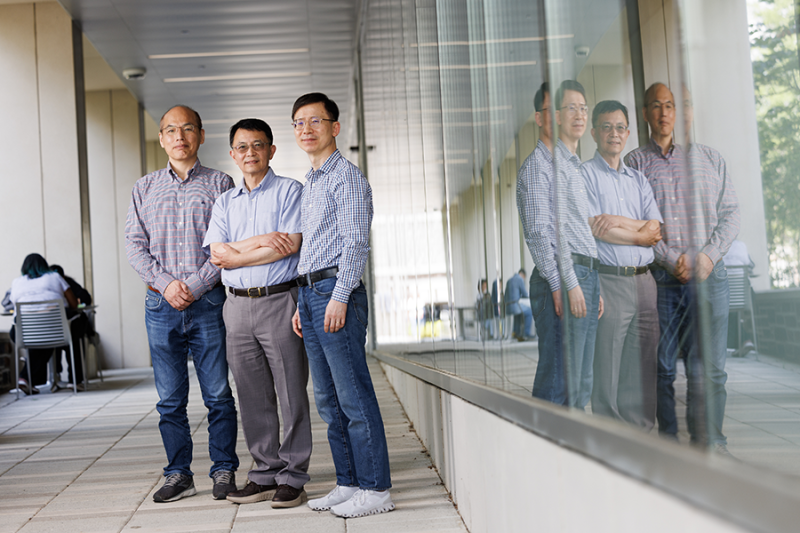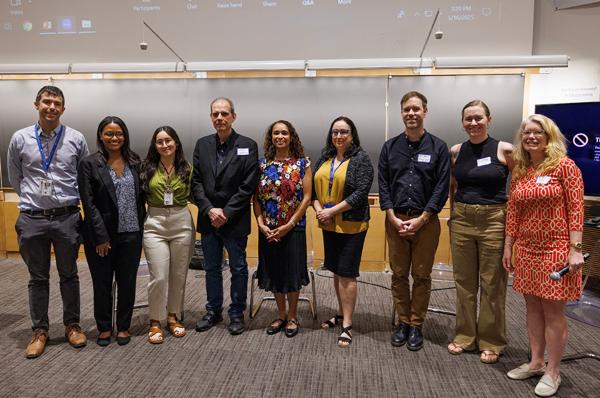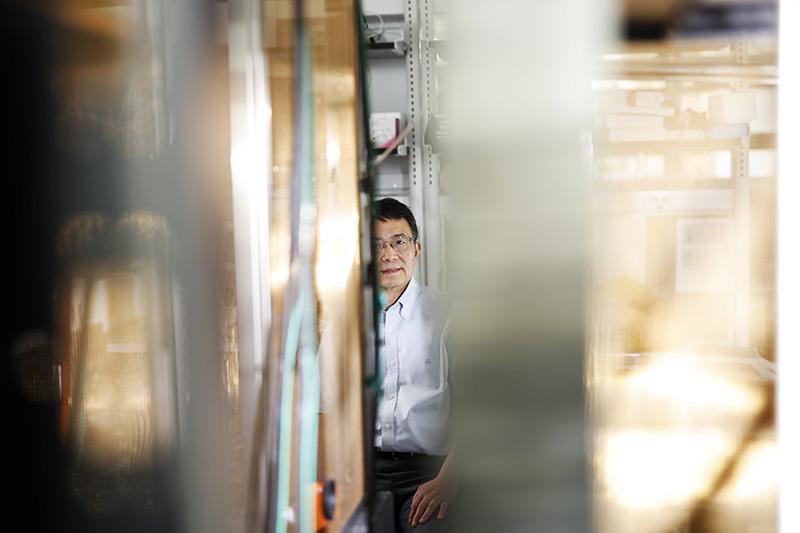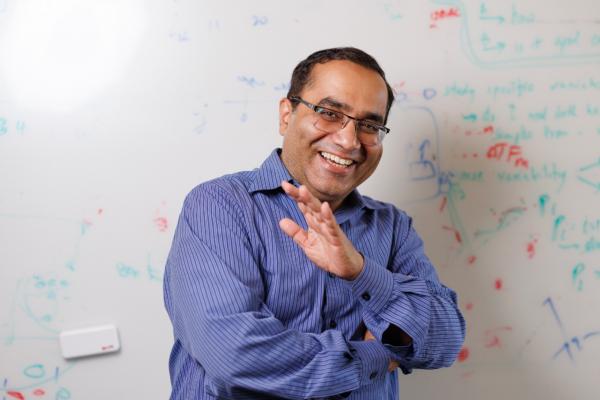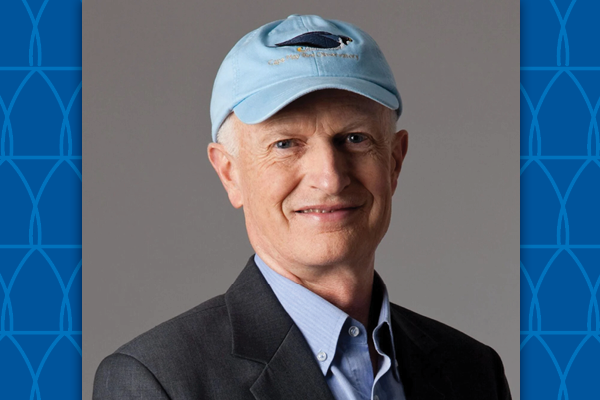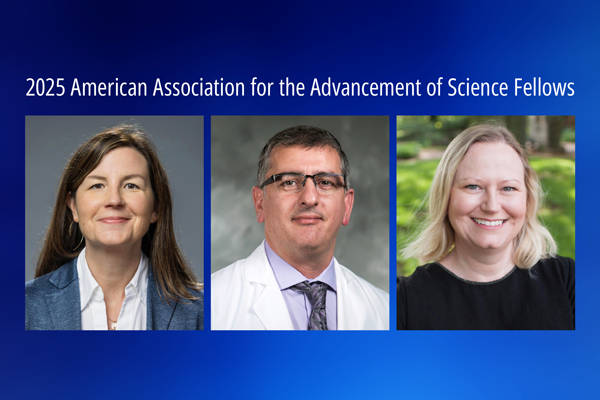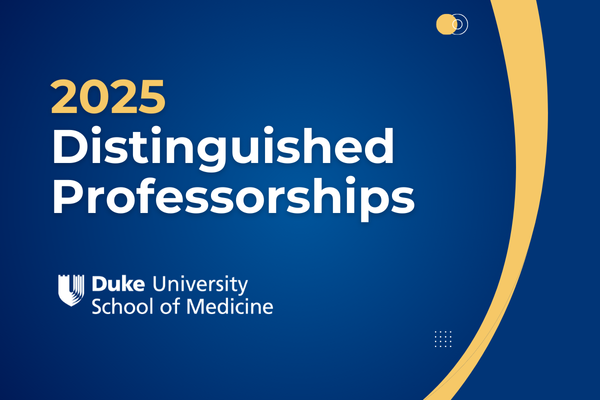Breaking New Ground in Pain Relief: A Novel Approach to Non-Opioid Therapeutics
A multidisciplinary team from biochemistry, anesthesiology, and chemistry is developing a promising new approach to pain management using adenosine, a naturally occurring compound in the human body that can help regulate pain, inflammation and seizure activity.
As the Planet Warms, Fungi Find a Way In
Scientists at the recent "Fungi in a Warming World: Adaptations, Challenges and Resilience" Symposium held at Duke University School of Medicine warned that rising temperatures may be helping environmental fungi to survive inside the human body, putting more people at risk of serious infections.
Landstrom and Wray Receive 2025 Faculty Awards
Awards were presented at the School of Medicine Awards Ceremony on May 19th.
Experimental Painkiller Could Outsmart Opioids – Without the High
An experimental drug developed by the lab of Rurong Ji, PhD, professor in cell biology, could offer powerful pain relief without the dangerous side effects of opioids.
Graduation 2025: Congratulations to Cell Biology Graduates
Congratulations to eight students in the cell biology PhD and master’s programs who graduated on Sunday, May 11, 2025. They were among 442 students from the Duke University School of Medicine who graduated, marking the successful culmination of their hard work and dedication.
Honey, I Shrunk the Proteins
Honey, I Shrunk the Proteins
An AI tool that redesigns proteins is just one of Rohit Singh’s inventions intended to accelerate drug discovery.
Cell Biology Mourns the Death of Michael Sheetz, Inaugural Chair of the Department
Michael Patrick Sheetz, PhD, who served as the inaugural chair of the Department of Cell Biology, died on January 20, 2025, after a brave battle with multiple myeloma.
Reisman Receives Graduate School Dean's Award
Cell biology PhD candidate Samuel Reisman received the 2024 Dean’s Award for Excellence in Mentoring from the Duke University graduate school, citing his patience, enthusiasm, and generosity.
Bilbo, Strader Elected Fellows of AAAS
This prestigious honor recognizes scientific achievement and humanitarian service.
Meet Cell Biology's 2025 Distinguished Professors
This spring, five faculty members with appointments in the Duke Department of Cell Biology have been awarded distinguished professorships. The new distinguished professors will be honored at the university’s annual distinguished professorship event on May 14.
